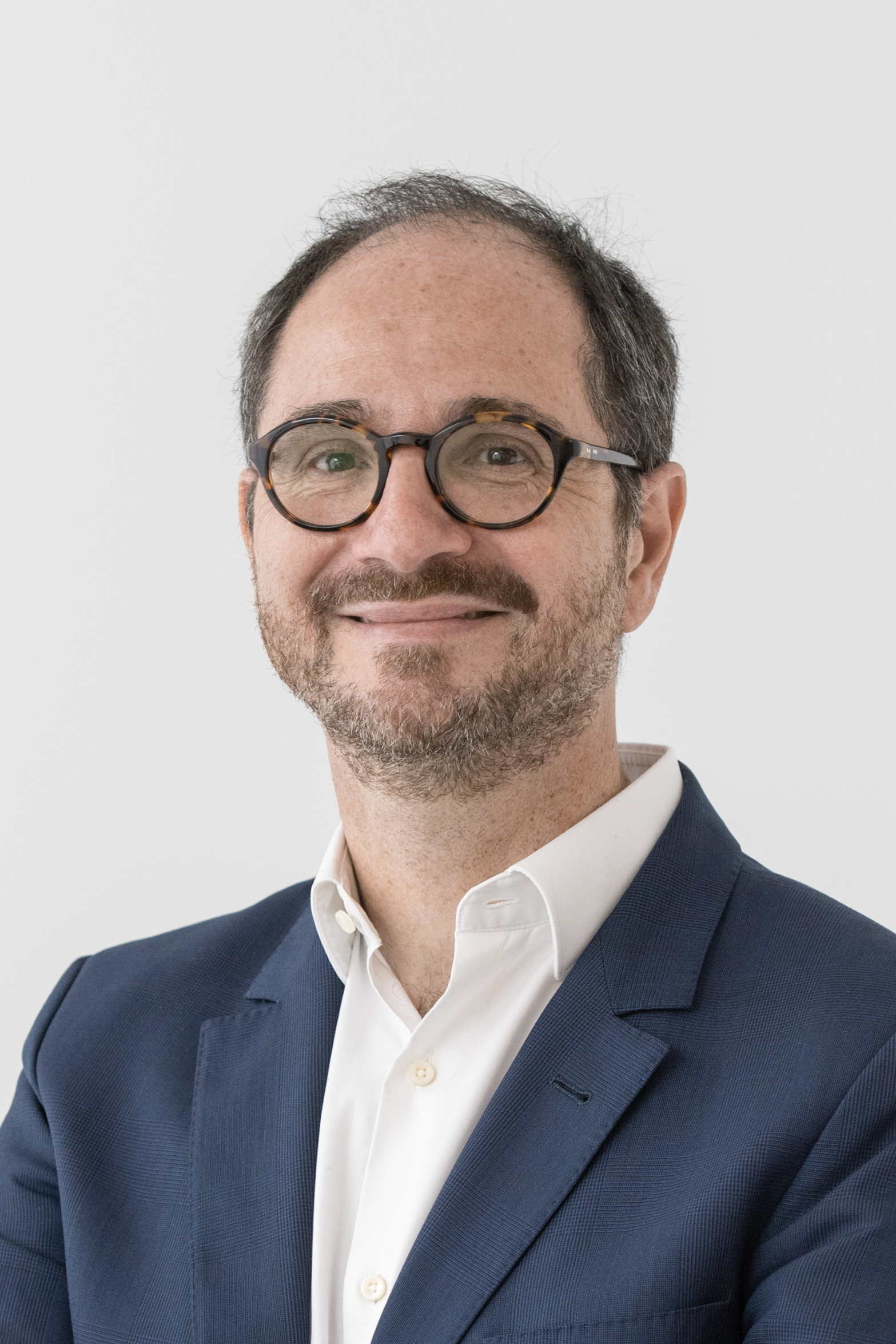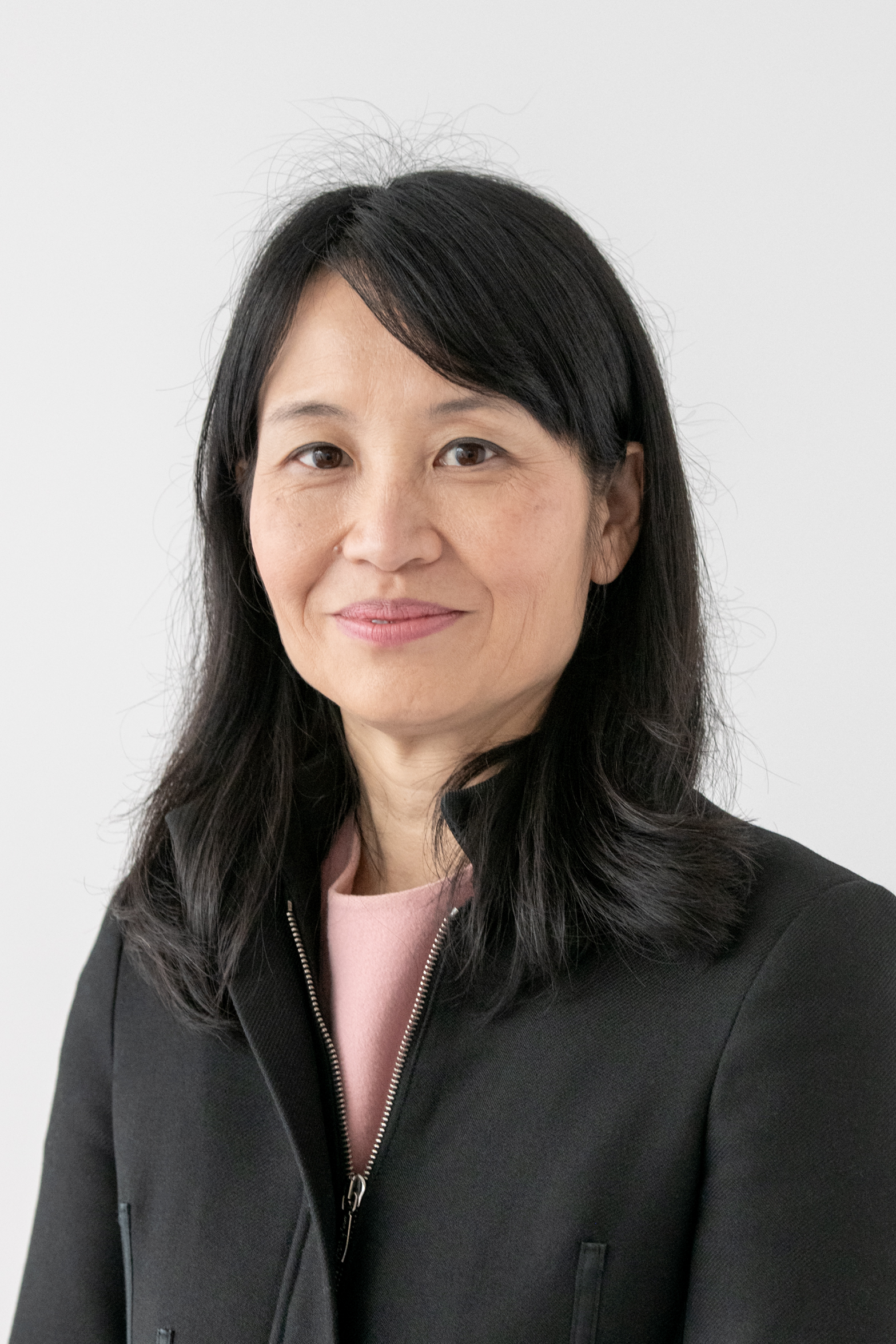Kurma Partners has closed the first part of its latest biotech-focused fund, following a pair of M&A exits for drug developers backed by its third fund.
 Rémi Droller
Rémi DrollerThe Paris-based investment firm closed on the first €140 million ($154 million) of its Biofund IV in July, managing director Rémi Droller told Endpoints News. Kurma aims to complete the fund at €250 million (about $276 million) sometime next year, it said Thursday morning.
The first close nearly equals the total Kurma raised for the predecessor, Biofund III, which in 2020 had a final close of €160 million.
In the past year, two companies backed by the third fund were acquired. Eli Lilly bought ADC startup Emergence Therapeutics and AstraZeneca bought late-stage hypoparathyroidism biotech Amolyt Pharma.
Droller said Lilly snagged Emergence for $600 million, which he described as the “largest preclinical exit ever achieved in Europe.” Lilly had declined to disclose the purchase price at the time of the August 2023 buyout. Another company from the third fund, gene therapy maker Corlieve Therapeutics, was bought by uniQure in 2021.
More European funds
Kurma’s new capital adds to money raised by European biotech and life sciences investors this year, including Spanish group Invivo, Milan-based XGEN Venture, Earlybird Health in Germany, Dublin-headquartered Seroba, Venga Ventures in Austria and Barcelona-based Asabys Partners.
“The investment activity in Europe is still very dynamic and positive, but also very selective,” Droller said. Part of the company’s portfolio typically involves creating companies and nurturing them, he said.
Once its companies are mature enough to consider the public markets, though, Kurma advises its biotech startups to look at the Nasdaq.
“We really advise and focus our companies on the US IPO only. The European market is not a market for biotech,” Droller said. “There is not a sufficient number of specialized investors, and even the specialized investors in Europe, they are more looking at investing in Nasdaq-listed companies. There’s more liquidity, more analyst coverage.”
Enough for 20 companies
The fourth fund has already gone toward three companies and will back about 20 total in Europe, Droller said. About half of the fund will go toward already established biotechs and about half toward the creation of new companies, Droller said.
 Amanda Gett-Chaperot
Amanda Gett-Chaperot“When we talk Europe, it’s also about repeat entrepreneurs,” said Kurma partner Amanda Gett-Chaperot, who joined the firm last year after eight years at Seventure Partners. “It’s really working with new entrepreneurs” and then supporting them again when they’re ready to start the next company.
Kurma’s biotech team mainly invests in biologics and has supported a variety of therapeutic areas over the years. That includes Alzheimer’s at Asceneuron, severe swelling at Pharvaris, cancers at Flamingo Therapeutics and Tacalyx and obesity at Zealand Pharma, among other disease areas.
The 15-year-old firm also has diagnostics funds and a growth opportunities fund, which recently contributed to radioisotope producer PanTera. In 2021, Kurma co-founded Argobio Studio, an incubator that helps academic institutes in Europe move scientific discoveries toward a drug candidate that can serve as the foundation for a startup. Droller said there are about 15 projects in the studio, and each project gets about €4 to €5 million across two to four years.
Kurma is part of Eurazeo Group. The large European investment firm is one of Kurma’s main investors. Other backers of Biofund IV include Bpifrance and Australia-based global biotech CSL.